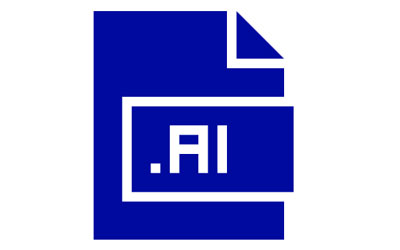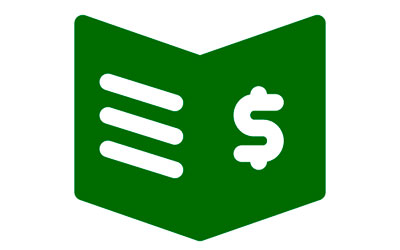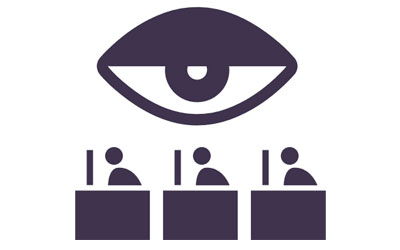Kids Read Now Overcomplicates Reading
The Utah State Board of Education will be voting on the Kids Read Now contract with a hefty price tag of almost $4.5M—for what you ask? So that parents can have the privilege of reading books with their children. Funny how reading with your child has always been free and unregulated, but now it will cost you, the taxpayers, BIG TIME! I will be voting NO.
This program mails to your home a “child-selected” (teacher-informed) choice of pre-curated books. This may sound nice, but guess how much personal and familial data the company is able to obtain and share with the state and others on both you and your child? First, the state shares personally identifiable information of parents and students, including names, emails, phone numbers, and home address. Kids Read Now then sends out an opt-in message to all eligible students via a text, email, or the mobile app. Yes, you read that right. They will be texting your child.
The system is set up so teachers can steer students toward selecting certain books that the AI algorithm recommends for their “personalized learning.” This is just another SEL-based program taught through books—see the image below.
These books are embedded with lessons on developing “empathy and appreciating diversity.”
If the reading level is too hard, the child can simply choose the “Read to Me” option, indicating that books will be read by “engaging” with a device, rather than with a parent. They give lip-service to “parent-engagement,” but the parents don’t necessarily help select the books, and are told how to interact with their child. The portal, however, allows teachers, classroom aides, librarians, and reading specialists to log-in and assist the student in their “self-selection.” Any “engagement” between a parent and child in this reading program must be data-tracked through the app which has a log-in for the parent, separate from the student log-in.
Reading with your KID isn’t complicated or costly
This program interferes with one of the most natural and intuitive bonding activities between parent and child by systematizing it. The company sends a list of questions to parents to ask their student about each book and then they must report back! A parent’s and student’s “engagement” with the “process” and with the “tech” is being tracked, measured, and likely scored. This is so intrusive. Not only does Kids Read Now get all the data, so does the USBE. Also, nothing in the contract prevents LEAs from also allowing “school officials” (as defined by FERPA as anyone with an interest in a child’s education) access to the data…what a nightmare!
This program will kill the joy of reading by dictating HOW parents read and WHAT they read with their children. This is no good. Free books come with a hefty price tag. https://kidsreadnow.org/data/
I didn’t think it was possible to so overly engineer the simple act of reading, but this program wins the prize! This is a solution in search of a problem. Poor Abe Lincoln, never had Kids Read Now to make him smarter. How EVER did he succeed in life without them???
—NATALIE CLINE [not official board position]
Kids Read Now Turns Reading For Pleasure into a Profit
Reading is an instinctive and natural process. A child reading with a parent is an intuitive bonding experience, and the simplest way for this experience to occur is:
- A child grabs a book from a home, school, or public library,
- Reads the book with a parent,
- Enjoys it (or not), and
4. Repeats steps 1-3 on a regular basis.
This genuine and organic family activity doesn’t turn a juicy business profit, nor does it generate a ton of highly personalized student data for a school or its partners. Enter Kids Read Now, a company that’s created an overcomplicated way of monetizing a child’s recreational reading though an array of “simple processes,” while amassing a slew of student data along the way.
What exactly are the “simple processes” that Kids Read Now markets to schools to help kids read with their parents? Below are images of KRN’s walkthrough of how its $4.5 million dollar reading program works:

1. The school must first send student data to KRN (How much? What type? Do parents knowingly consent to any of it?)

2. KRN then offers the school’s students a whopping pre-selected catalog of 150+, mostly banal and low-literary merit, books.

3. Teachers get to further limit the choices by steering kids to only books within their reading level. (We wouldn’t want kids possibly outgrowing the limits that some computer algorithm has designed to keep their intellects in check, would we?)

4. KRN provides materials and directions to help the school “familirize” (their word, not mine) parents and kids with this deeply mysterious, highly complex process of READING A CHILDREN’S BOOK.

5. Then, a child must wait 2 WEEKS (so much for Kids Read “NOW”) for a book to arrive in the mail. And when a child reads that book in maybe as few as 10 minutes, that child gets to—wait for it—twiddle his thumbs for an additional 7 to 10 days to get another book.

6. The school wipes the sweat off its forehead—WHEW!—because it has successfully unshouldered a responsibility it never had in the first place (helping kids read for fun with their parents) onto KRN.

7. KRN then converts all that “reading for fun” into hard cold data through an app that parents and students are expected to “engage” with. Schools are free to voyeuristically peruse that personal reading data, if they “want to.”

8. Finally, KRN admits these “simple processes” are not just about the simple act of “reading.” So KRN pulls in “literacy experts” to write questions for parents to ask their children about their reading, such as “What are some ways your parents take care of you?”
Of course, the data resulting from this sophisticated question created by “experts” can’t be permitted to stay between the parent and the child, so into the app it goes! So really, the “simple processes” that Kids Read Now is so enamored with are, in the end, just multiple costly and convoluted steps that turn your child’s recreational reading into a data-collection project and profit center for an ill-advised public-private partnership.
Ready to brace yourself for some sticker shock on the Utah State Board of Education’s contract with Kids Read Now?
$4,492,100.00. That’s right. Almost $4.5 million. For something parents could do, and have been doing, for free for decades. Reading with your child is not rocket science, nor should it carry the price tag of a rocket, either.
—MONICA WILBUR






